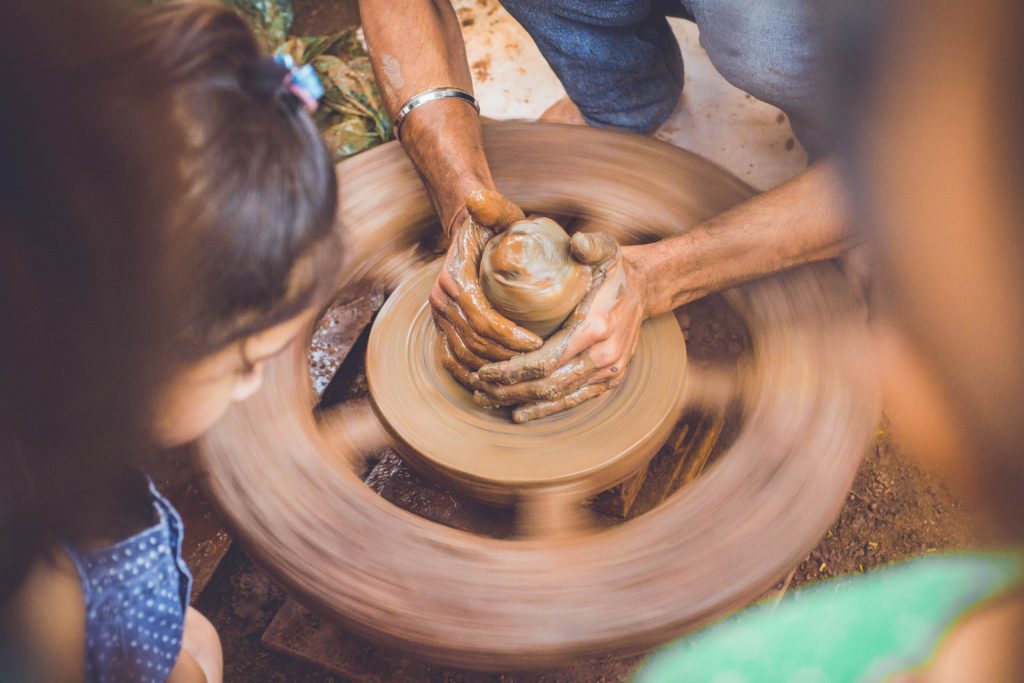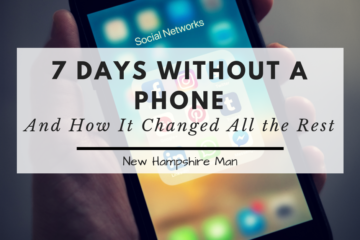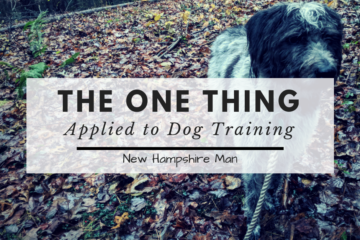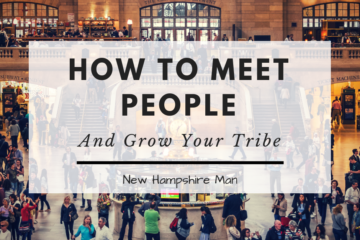Even though the implementation of a town Skill Share Network didn’t work, I’m still convinced it’s a good idea.
In the process of learning how to start programs within a town I realized that, in order for anything like this to work, we need to get past the fear of one another.
Joining the town Sustainability Committee
My journey to freedom goes back many years, but the biggest catalyst for me to change my life was a deployment to Djibouti.
One of the many things I did in Djibouti to better my life was to answer the call for volunteers in my home town. It was a tough call between the Agricultural Commission and the Sustainability Committee. Knowing almost nothing about either, I flipped a coin and went sustainability.
My contribution to the committee was pretty negligible while in Djibouti, but when I got back I started attending the monthly meeting and over the last couple years I have grown a decent bond with the other 5 members.
Most of my ideas tank, but I think it’s good to throw them out there.
My favorite, to date, is a community tool library, but as we’ll see, fear of one another makes this improbable at the town wide scale.
I didn’t run too hard with the tool library due to the unanimous negative vibe from the group. More recently I proposed a Mentor Network, which turned into a Skill Share Network.
A Mentor Network
I live in a modern, but old, small town in New Hampshire.
There are mad skills in this small town. I’ve met musicians, engineers, and farmers that are truly making world wide change. It continuously blows my mind what the people of this town are getting into.
No joke. Not exaggerating.
With that in mind, my idea was to connect the local brilliance with ambitious people who would like help, guidance and fresh ideas while accomplishing their dreams. Or at least to connect like-minded people so they could share their skills and knowledge with one another.
Hence, the evolution to the Skill Share Network.
Clarity by Example
A few quick examples to explain the intent:
- Beekeeping – connecting local beekeepers to discuss the widely dynamic domain of beekeeping.
- Guitar – connecting local musicians to jam out
- Food Storage – connecting experienced canners with beginners so that people don’t die from botulism.
This list could go on forever, and my wish was that it would.
How a Skill Share Network would work
I put a decent amount of thought in this to appease a lot of concerns, which I spelled out in the proposal to the town Select Board, which you can find HERE.
In the most basic terms, it would look like this:
- An initial bank of volunteers would share a hobby they are passionate about.
- I build a website and post the list of hobbies.
- When a resident looks at that website and finds someone who shares a mutual interest they fill out a contact form that gets sent to me, or any administrator.
- We forward that notice of interest to the original volunteer and they reserve the opportunity to make that connection.
I still think it’s a good idea.
Fear and Liability
With the help of the Sustainability Committee, I ran with this proposal and got so far as presenting it to the town Select Board.
Upon hearing the proposal, they unanimously agreed that it had potential to add value to the community. I pitched the idea on the logic that:
- Finding people who share a passion provides encouragement and fresh ideas which help people grow as an individual.
- People connecting within the community increases the flow of information and ideas among the people of the community.
- Well informed citizens are more likely to be proactive in positive growth of the community.
- Success within one community can be used as a case study for other communities looking to add resilience; spreading the idea well beyond the bounds of the community.
It would take a weird, lottery like, success for this to actually have an impact on any one person’s life, let alone making a difference on a global scale, but as far as I could tell, we had nothing to lose in trying.
The Bombing
The one action item from the Select Board was to develop a policy.
Full confession; when I was asked if we had a policy, and I had no idea what that meant.
Fortunately, I had a long time civic actionist on my side and he jumped on the ‘generate-a-policy’ grenade.
The policy was a one-pager with language sniped out of already published policies like Facebook, YouTube, etc, and tuned to our purpose.
Naturally, the policy had to be reviewed by the town legal contractor.
Your Idea Scares Us
I [almost] laughed at how the legal review noted the primary concern as an almost exact description of our goal.
“…primary concerns are to the extent the service is going to result in external, and potentially extended, one-on-one time and relationships between the volunteers and residents.”
To be super clear: I totally get it.
The town represents the sum of all tax money collected, and that makes it a target. The legal guys do their best to point out that by hosting a program that results in people connecting, should one connection go rogue, the town could be held liable.
The 1% Douchebag Policy
Going into any new relationship we should all be aware that there are people out there who are legitimate douchebags. The number is probably around 1-10% depending on location and definition. So for every 100 people you meet, I assume that at least one of them would be willing to take advantage of us in some way.
The problem we encounter in today’s American society is that we allow the fear of the 1% to drive our decision making for the other 99%.
With the modern, real-time flow of information those 1% of negative cases take up the majority of our news feed so it’s always in our face reinforcing our fear.
I refuse to be afraid.
Someday I’m probably going to get burned. Someone will pick up their sharp knives and decide to screw me by not leaving payment. Instead of returning my backpack, or wallet, someone will instead decide to keep it to themselves should I forget it somewhere.
I feel liberated having come to terms with the slim possibility of getting burned and I accept that it’s probably going to happen. We should still go out into the world looking for that 99% of the population who will make life better for us and our communities.
I could soap box this forever.
Someday you’re going to get screwed. Accept that as the cost of finding your tribe.
The good will outweigh the bad, you just have to be observant enough to realize that.
Super Connectors would make this project moot
Just because this attempt to establish a skill share network in town failed, it doesn’t make it a bad idea.
It’s still a good idea.
In order for it to work it needs to start within a tighter community where existing relationships trump the fear of strangers.
Related: Be a Super Connector in Your Community
Social media, like Facebook Groups, prove that there is value in establishing relationships with like-minded people. Some groups that I’m part of are incredibly active with people really engaged in helping one another out. The trick is to figure out how to transfer that back out of the digital domain.
Relationships add value to life. It should come without surprise that the best things in life don’t come easy.
Let me know how you’ve found your tribe, and any systems you’ve put in place to both learn and share skills and knowledge that you’re passionate about.




